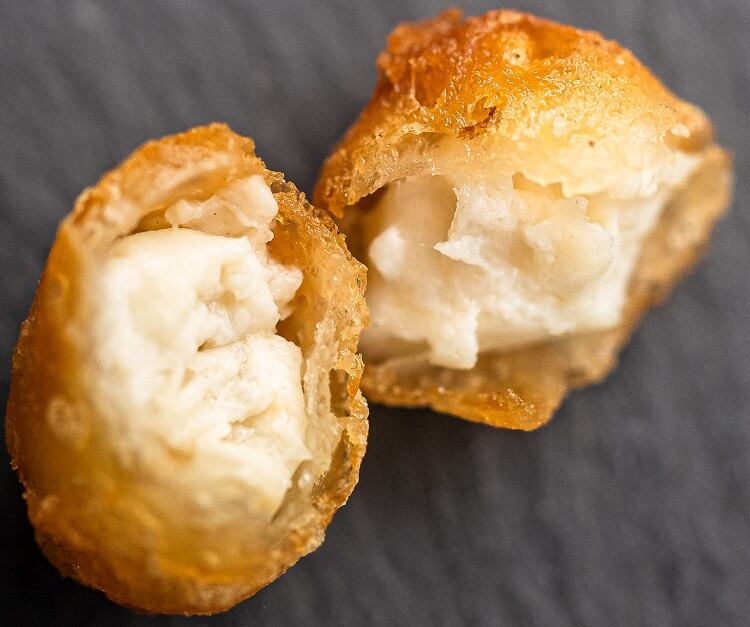The agreement marks the ‘first of its kind’ in Europe between a consumer packaged goods company and a cultivated seafood company, and according to Nomad CEO Stéfan Descheemaeker, addresses the need for the long-term availability of sustainably-sourced seafood.
Sustainability in the spotlight
Globally, it has been estimated that between 2010 and 2030 demand for seafood will rise by 30%. Yet seafood supply is not strong enough to meet this rising demand.
The World Bank estimates that close to 90% of global marine fish stocks are now fully exploited or overfished.
Europe is considered the largest importer of seafood globally, with the EU Blue Economy Report estimating EU citizens consume more than three times as much seafood as the region produces.
One potential solution to meet rising demand lies in cell-based seafood technology, and conventional seafood company Nomad is taking notice. “As the largest branded producer of eco-labelled wild-caught fish and seafood globally, we believe we have a responsibility to protect fish stocks and the oceans for generations to come, while serving people with affordable, nutritious and delicious food,” the group's chief executive told this publication.
With consumer demand for ‘nutritious, high-quality food’ growing, Descheemaeker believes the importance of sustainability ‘has never been more apparent’, and the role of technology in delivering these needs, he continued, is accelerating.
BlueNalu partnership
San Diego-based BlueNalu has its eyes set on a variety of cultivated seafood varieties, predominantly focusing on fish species that are typically imported, difficult to farm-raise, are overfished or non-sustainable, and/or contain higher levels of environmental contaminants.
The start-up’s pipeline includes red snapper and amberjack. However, in the US it plans to first go to market with mahi mahi, followed by Bluefin tuna.
The tie-up with Nomad, however, will see both companies explore the introduction of cell-cultured seafood in Europe. Specifically, the partnership is focusing on Ireland, Germany, Italy, France, Sweden, Norway, Belgium, the Netherlands, Spain, Portugal, Austria, Switzerland, and Nomad's largest market: the UK.
“This [partnership] includes collaboration to conduct market research and identify consumer insights, assess regulatory requirements and explore new business and product opportunities that would be unlocked by the introduction of cell-cultured seafood throughout Europe,” said Descheemaeker.
Indeed, regulation remains a barrier in a majority of regions exploring cultivated meat and seafood products. Just one country to date – Singapore – has approved a food product containing cultured meat.
“As part of our collaboration, we will work with BlueNalu to assess regulatory requirements and provide guidance for engagement with relevant regulatory agencies and decision-makers,” the CEO continued.
‘Exciting potential’
Nomad said it will bring a ‘wealth of expertise in fish and seafood’ to the collaboration, and will be able to draw upon localised market insight around consumer demand.
The company could not, however, disclose whether any potential products would be sold under Nomad’s brands, which include Birdseye, iglo and Findus.
“We will provide an update on the outcomes of this first phase, including any product development updates, in due course,” the CEO told us, adding: “We are excited about all of the benefits this partnership could bring in terms of increasing the choice of sustainable seafood available to consumers.”
Nomad is not the first company to partner with BlueNalu on market research, product development, and regulatory affairs, having previously announced collaborations with Pulmuone Co. Ltd. in South Korea, Sumitomo Corporation and Mitsubishi Corporation in Japan, and Thai Union in Thailand.


